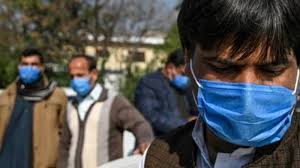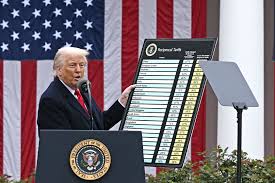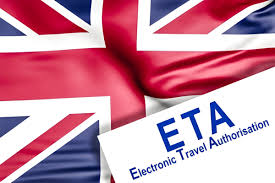Only 3 pc Pakistanis clear-headed about coronavirus: Survey

Islamabad: As Pakistan crossed its highest 150 coronavirus-related deaths in a day, a survey reveals that only three percent Pakistanis are clear-headed about the disease, with no misconceptions about its prevention, spread and cure.
A snap poll by Ipsos, a global market research and public opinion specialist released on Tuesday showed public perceptions, attitudes and behaviors among Pakistanis towards the coronavirus pandemic.
The survey was conducted on 1028 persons including 72 percent men and 28 percent women (68 percent urban and 32 percent rural population) during May 19-23.
The poll depicted that one in three Pakistanis believed in conspiracy theories related to the coronavirus with 42 percent terming it a foreign conspiracy, 33 percent calling it a laboratory-made virus spread in the world on purpose and 42 percent having misconception that it affects only the people above 55 years of age.
It said Pakistani women are three times likelier to have more clarity than men regarding COVID-19 misconceptions.
The survey revealed six in 10 Pakistanis were not comfortable to allow their children return to school in the coming weeks.
However, 50 percent felt comfortable going back to work and 51 per cent believed they would lose their job in next six months.
Three out of five Pakistanis believe they deserve aid from the government due to COVID-19. The expectations are found more among lower economic class and less educated people, it said.
Three in five Pakistanis believe that the ease in lockdown would lead to detrimental increase in infections and deaths.
The survey said nearly half of the Pakistanis would hold themselves responsible if coronavirus situation gets worse after ease in lockdown, whereas one in four would blame the government.
Ipsos also put forth a few vital damage control recommendations to the concerned policy-makers based on the empirical research and holistic analyses.
It called for “an intensive yet uniform, coherent and integrated communication campaign by the federal and all provincial governments as crucial to sensitize all Pakistanis about the fatal nature of this pandemic”.
It said amid widespread misconceptions among all Pakistanis regardless of their social classes, literacy levels and other demographics, it was prudent to develop well-thought myth- busting strategy, clear messaging, delivery mechanism and destination milestones.
Other recommendations included taking religious community onboard by the governments to win their active support for the spread of ‘right and factual’ messaging about COVID-19.
It pointed out that Twitter enjoyed least confidence among Pakistanis, hence any communication through this medium to fix misconceptions, was unlikely to pay any dividends adequately.





